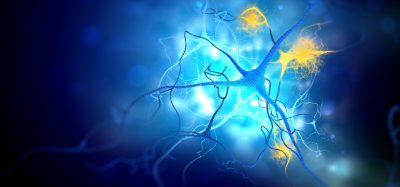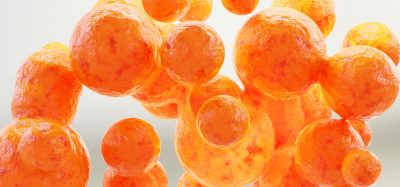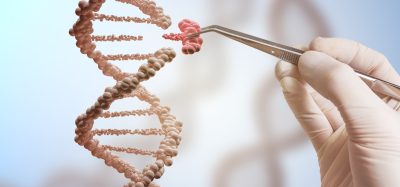Study in mice shows dietary saturated fats can trigger liver cancer
Posted: 14 December 2022 | Izzy Wood (Drug Target Review) | No comments yet
Japanese researchers showed for the first time processes that are crucial targets for treating liver cancer are enhanced by saturated fatty acid diets.


Researchers from Shinshu University Graduate School of Medicine, Japan, using experiments involving transgenic mice, have successfully shown that dietary saturated/trans fats, but not cholesterol, can trigger hepatic angiogenesis and lymph-angiogenesis, leading to the promotion of hepatic tumours,thus liver cancer.
The study published in Liver Cancer, found that angiogenesis (the formation of new blood vessels) and lymph-angiogenesis (formation of new lymphatic vessels, ie. neovasculogenesis), are key determinants for the survival, proliferation, and metastasis of cancer cells.
Prior studies conducted on certain types of transgenic mice have shown that fat-rich diets comprising trans-fatty acid (TFA), saturated fatty acid (SFA), and cholesterol cause non-alcoholic fatty liver disease, which may then promote inflammation and tumour formation in the liver. However, the precise effects of dietary fat compositions have remained unknown so far.
To study the association between dietary fat composition and liver neovasculogenesis, the researchers fed hepatitis C virus core gene transgenic (HCVcpTg) mice with a control diet or with TFA-/SFA-/cholesterol-rich diets, containing the same number of calories.
The researchers then monitored the degree of hepatic angiogenesis and lymph-angiogenesis, and growth factor expression using a variety of techniques including quantitative mRNA measurement, immunoblot analysis, and immunohistochemistry.
According to Professor Naoki Tanaka from the Department of Global Medical Research Promotion: “Long-term feeding of SFA and TFA diets to HCVcpTg mice increased the expressions of vascular endothelial cell indicators like CD31 and TEK receptor tyrosine kinase, in addition to lymphatic vessel endothelial hyaluronan receptor 1. We also detected elevated levels of vascular endothelial growth factor C and fibroblast growth factor receptors 2 and 3, as well as c-Jun N-terminal kinase and hypoxia-inducible factor 1α in the mice livers.”
Incidentally, vascular endothelial growth factor C (VEGF-C), fibroblast growth factor (FGF) receptors 2 and 3, c-Jun N-terminal kinase (JNK), and hypoxia-inducible factor (HIF) 1α are important biomolecules involved in cell communication and growth signalling. JNK-HIF1α-VEGF-C axis and FGFs are thus powerful drivers of hepatic neovasculogenesis.
He continued: “We demonstrated for the first time that hepatic angiogenesis and lymph-angiogenesis were enhanced by SFA or TFA diets, but not cholesterol-rich diets, mainly through the JNK-HIF1α-VEGF-C axis. These processes are crucial targets for treating hepatocellular carcinoma.”
“Agents inhibiting hepatic angiogenesis are widely used for treating hepatocellular carcinoma. However, I also recommend avoiding fatty-acid-rich diets especially if someone is at a high risk of developing liver cancer or undergoing treatment for liver cancer.”
Saying no to French fries may not be that easy, but in the interest of our hepatic health, we may just have to, thanks to these insightful findings by the researchers of Shinshu University.
Related topics
Lipidomics, Lipids, miRNAs, RNAs
Related conditions
Liver cancer
Related organisations
Shinshu University Graduate School of Medicine
Related people
Professor Naoki Tanaka








